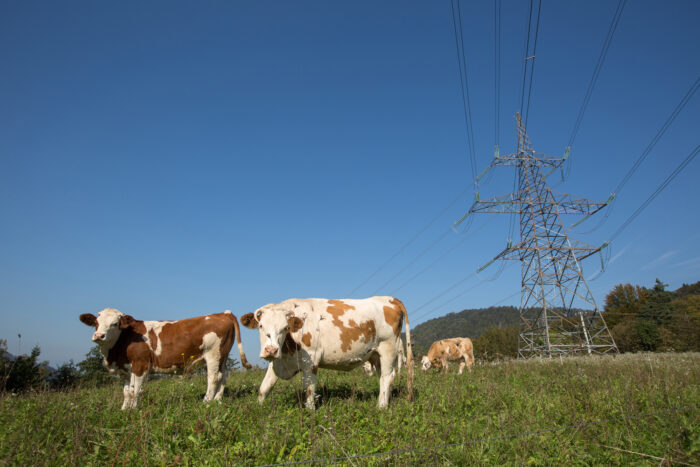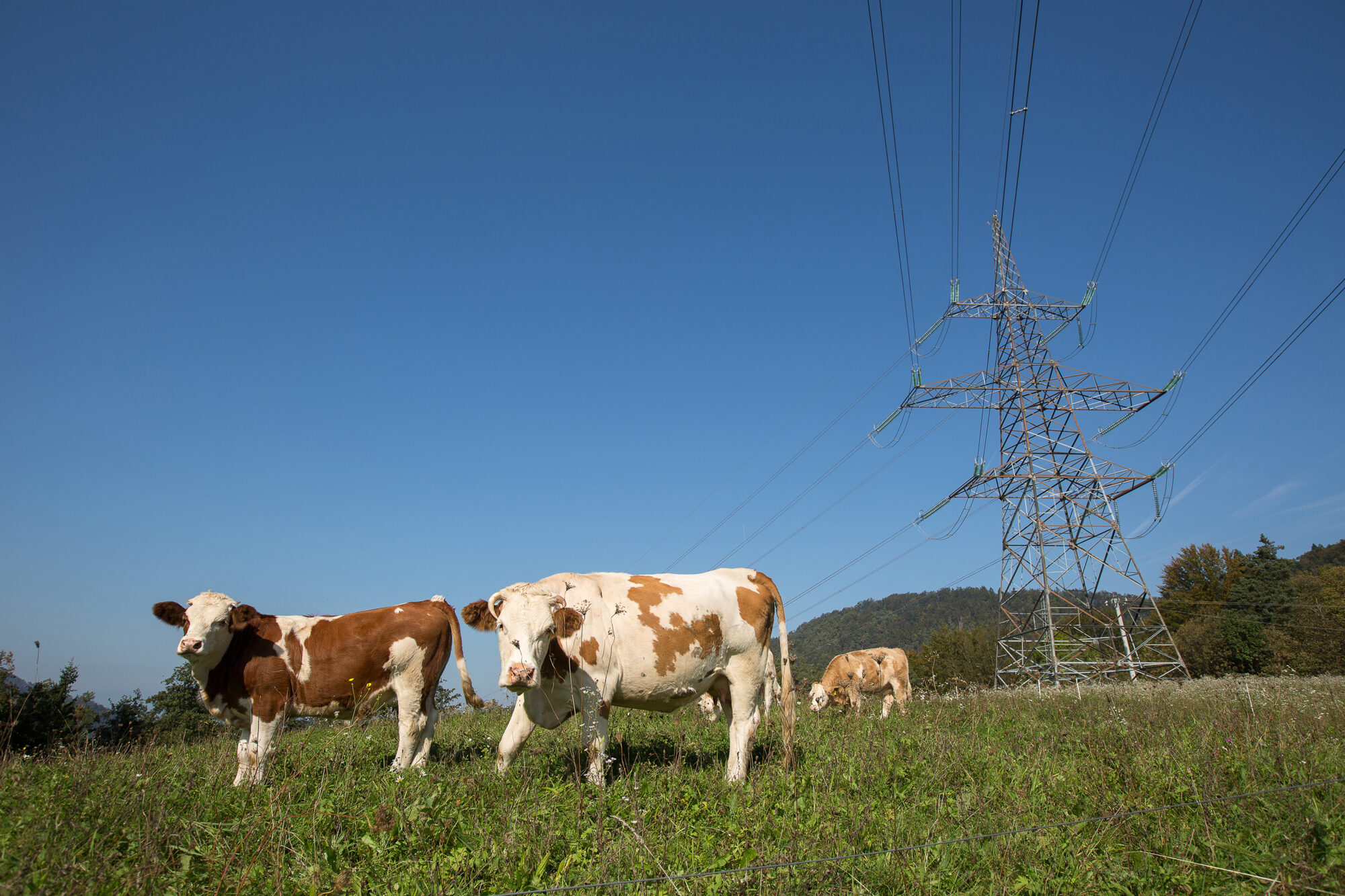Criteria for Choosing a Verification Firm for Livestock Carbon Projects
Owners and developers of agricultural livestock projects often wish to take advantage of the carbon offset credits for capturing and destroying methane emissions from their operation. In order to do so, each project must be verified against a standard protocol developed by an offset registry. Registries have rules that require a third-party to verify the project meets certain criteria in terms of the design, operation and quantification of the offset credits. The project owner or project developer is responsible for identifying and hiring the verification body. This report provides some thoughts on the verification process and how to best choose the verification body for your project.
Generalized Verification Process
A verification typically proceeds in a very standardized manner. The following general steps are taken for each livestock project verification:
- A self-assessment of the Conflict of Interest and Impartiality is made by the verification body. This is done to ensure that the verification body does not have staff that could have financial, family or other entanglements that would prevent a fair and independent review of the project. These assessments are further reviewed and approved by the Registries prior to work commencing.
- Preliminary documentation regarding the project is reviewed and the verification body develops plans on how the verification will be performed.
- An initial meeting (typically a phone call) is performed to ensure the project developer, project owner and the verification body are in agreement to the basic plans for the verification.
- After the initial meeting, the verification is considered to be initiated. The required documentation from the owner/developer is reviewed by the verification body.
- A site visit is made to review the project. This is an important step for the verifier to understand the systems, records and operations.
- A desk audit is then used by the verification body to review the documentation and calculations in a detailed manner. Often clarifications and revisions to the calculations are needed to ensure conformance with the Protocol. Requests for these revisions are provided in writing but are also often discussed on the phone.
- Finally, once the verification body is in agreement that the project meets the requirements of the Protocol, a verification report is developed. This report is always reviewed by the client prior to being finalized.
It is important to understand that a verification body must remain independent during the verification process. This means that the verification body cannot offer advice or guidance on the best way to handle calculations or system design issues. A verification body can only respond to the assertions made by the project developer.
Important Criteria for Choosing the Right Verification Body
Since a verification has to proceed in such a standardized manner, it may seem that choosing a verification body to work with would be somewhat arbitrary. However, there are important aspects to consider in choosing the right verifier for your project. The following points should be considered for this important decision.
- What skills and credentials should a verification body have?
Each offset registry (CAR, VCS, ARB) has their own process for certifying that a company or individual to become certified. This process typically ensures that a minimum standard is met in terms of knowledge and experience. A class and/or test may also be required. However, for livestock offset projects, we believe that additional experience and certifications are necessary to the process.
Foremost, the verifier should have a strong background in engineering due to the technical nature of the work involved. This is very important in understanding the calculations involved, how the monitoring systems operate and how the overall systems interact on the farm.
Secondly, the verifier should have extensive experience working for the agricultural and livestock community. The verifier will be the primary person interacting with the farmer or project owner during the site audit portion of the verification. It is important that the verifier know how the farm’s waste management system is designed, how the farm is operated and the typical challenges that the farm operation faces on a day-to-day basis.
2. Why experience performing livestock verifications matters?
It is important to consider the experience of the verification firm in performing livestock project verifications. The verification body needs to know the rules and processes of the offset registry. They also need to know the interpretations of the offset registry staff when questions arise. Experience with the waste systems, monitoring equipment and overall design of the system is also dependent on how many verifications have been performed. Farmers and project developers shouldn’t have to waste time explaining the basics of these systems or the calculations to unqualified verification personnel.
Experience also provides an overall quicker verification process. AWT has taken the time to develop tools that we use internally to perform the necessary calculation checks. Although these tools took some time to develop initially, they ultimately save time since custom tools do not need to be developed for each project.
Why AWT is the Best Choice to Verify your Livestock Project
It is important to choose the best verification firm for your project to ensure that there are not unnecessary delays and frustrations due to the use of staff that does not have the proper credentials, background and experience. We believe that AWT is uniquely qualified to perform these verification services for the following reasons:
- Our lead verifiers are Professional Agricultural Engineers with over 20 years experience (each) in working for the livestock industry. We have experience designing livestock waste systems so we are familiar with what we see while we are onsite.
- AWT has worked for the livestock industry since 1984 providing guidance on permitting, waste management and handling, nutrient planning and other required elements of operating a livestock operation.
- The verification team members (support staff) are all hold accredited degrees in Agricultural Engineering.
- AWT requires our engineers to complete annual continuing education to ensure we have the latest information available to assist us with projects.
- We have been verifying livestock carbon offset projects since 2006. We have completed several dozen projects through the Climate Action Reserve, California Air Resources Board and Chicago Climate Exchange.
AWT would like to become the verification firm for your next project. To learn more about how our strengths in this industry can be used to help you with your next project, please contact Hal Langenbach or Chris Mosley at 919-859-0669.


